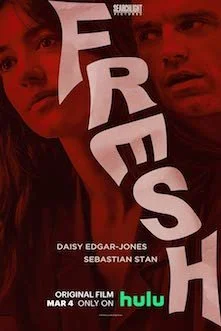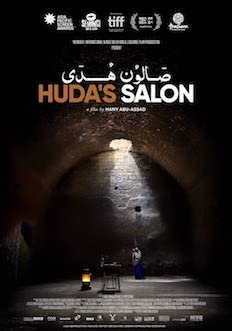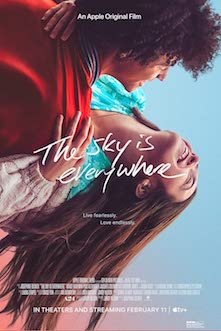Direction: Jack Tremaine
Country: USA
Insanely introduced and episodically mounted, Jackass Forever, the fourth installment in the Jackass film series, really lacks taste. Two decades after the original’s release, director/producer Jack Tremaine captures the known Jackass troupe of masochists - led by co-producer Johnny Knoxville and augmented here with some new cast members - performing their deranged acts. This film, being as boring as the previous, insists on disorderly sequences of silly calculated pranks, nonsensical staged situations and dangerous games. However, in addition to nasty farts, animal bites, electric shocks, and a nauseating collective puke, the worst of the film lies in a fatiguing persistence for damaging testicles.
It's all very obvious, gross and repellent in its deplorable show off. Thus, it’s sad that anyone can claim any type of cleverness or even good entertainment to what is offered here. These men seem to have balls of steel and tough skin, but I'm not giving them enough credit for that. The most appealing character in the film? A brown bear.








































